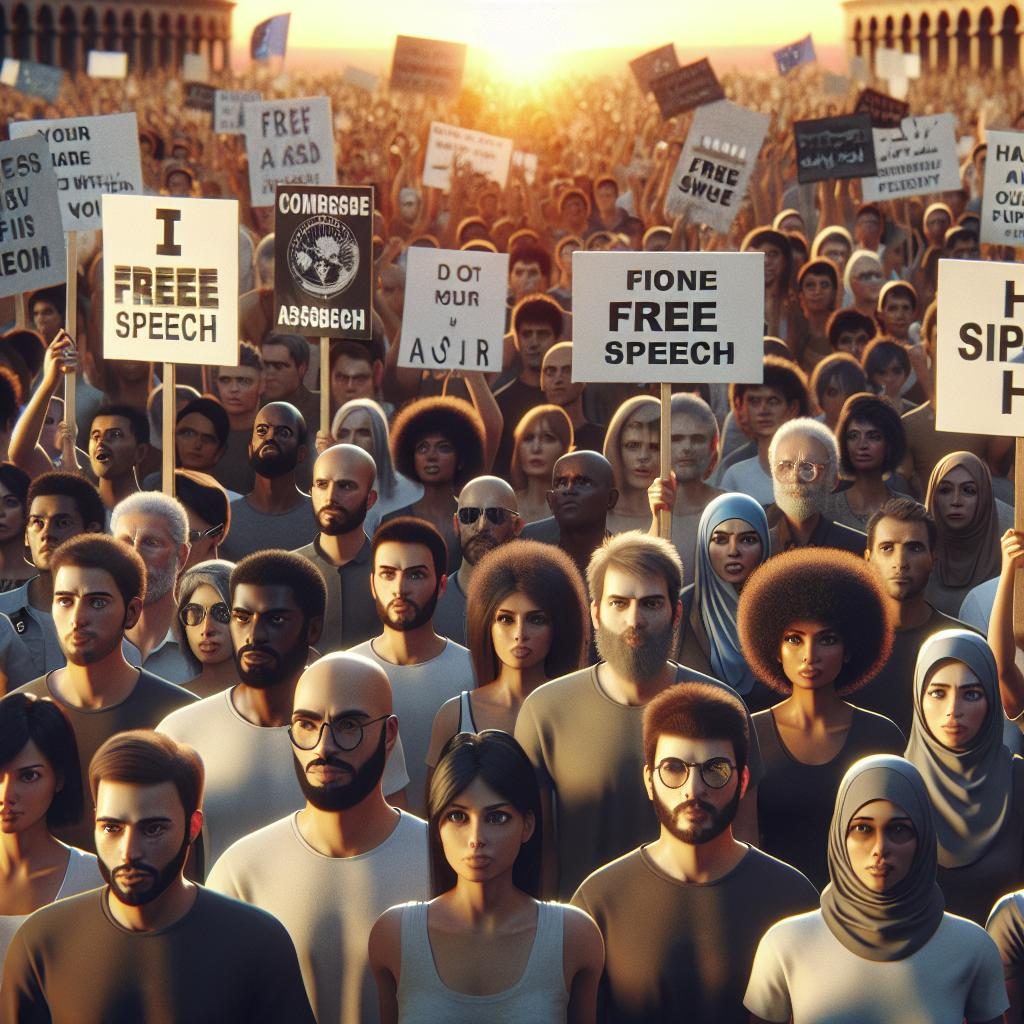Austin Students Stand Up for Free Speech: A Major Court Ruling
A federal judge in Austin has recently made a significant ruling that could shape the conversation around free speech on college campuses throughout Texas. U.S. District Judge Robert Pitman has given the green light for several pro-Palestinian student groups to pursue a lawsuit against their respective university presidents and board members. The reason? Alleged viewpoint discrimination and violations of the First Amendment rights.
What’s the Backstory?
The lawsuit is aimed at addressing concerns over a series of policies that have come into play since Texas Governor Greg Abbott issued an executive order earlier this year. This order directs public universities to enforce strict free speech policies regarding antisemitic speech and requires them to adopt a specific definition of antisemitism. Critics argue that these measures ultimately limit legitimate pro-Palestinian expression.
In the judge’s ruling, he noted that the students have shown “sufficiently pled injury” and that the policies enforced by the universities comply with that executive order, which is where things start to get controversial. Judge Pitman specifically mentioned that the policies implemented could unfairly target pro-Palestinian speech, stating, “the GA-44-compliant university policies impose impermissible viewpoint discrimination that chills speech in violation of the First Amendment.”
Key Incidents at UT
One focal point of the lawsuit is a protest held by the Palestine Solidarity Committee at the University of Texas (UT) on April 24. This demonstration aimed to raise awareness about Palestinian rights, but the administration canceled it, citing safety concerns that arose after similar protests at other universities led to unrest. Following this cancellation, the group was also suspended, actions that the lawsuit claims were part of a broader pattern of discrimination based on viewpoint.
In a dramatic turn of events during that protest, Texas Department of Public Safety troopers were called in, resulting in the arrest of fifty-seven protesters. Another protest that followed shortly after saw even more arrests, raising concerns over the university’s handling of the protests.
Responses from the University
In light of these incidents and ongoing legal battles, UT officials have defended their actions. They maintain that they have the right to impose time, place, and manner restrictions on protests to ensure safety and compliance with university policies. However, according to Judge Pitman, the Palestine Solidarity Committee has made a case that they were unfairly targeted due to their viewpoint, asserting that the suspension they faced is a significant injury that justifies their lawsuit’s continuation.
A Broader Fight for the Right to Speak
The ruling has drawn considerable attention not just in Texas but nationally. The Council for Islamic American Relations, which filed the lawsuit on behalf of the student groups, hailed the decision as a monumental win for those advocating against genocide. They argue that this ruling underscores that restrictive rules against criticizing Israel in universities may be unconstitutional.
While Judge Pitman has allowed the case against university officials to move forward, he has dismissed the aspect of the lawsuit aimed directly at Governor Abbott, noting that he enjoys “sovereign immunity” in this context.
What’s Next?
Though some claims, like compensatory and punitive damages, were dismissed, the door remains open for the student groups to seek declaratory and injunctive relief. This means they could still work to change the restrictive policies they believe infringe on their free speech rights.
As more details emerge from this ongoing case, one thing is clear: the fight for free speech on campuses is far from over. With students actively standing up for their rights, this lawsuit could have **long-lasting implications** for the way universities handle political speech in the future.









